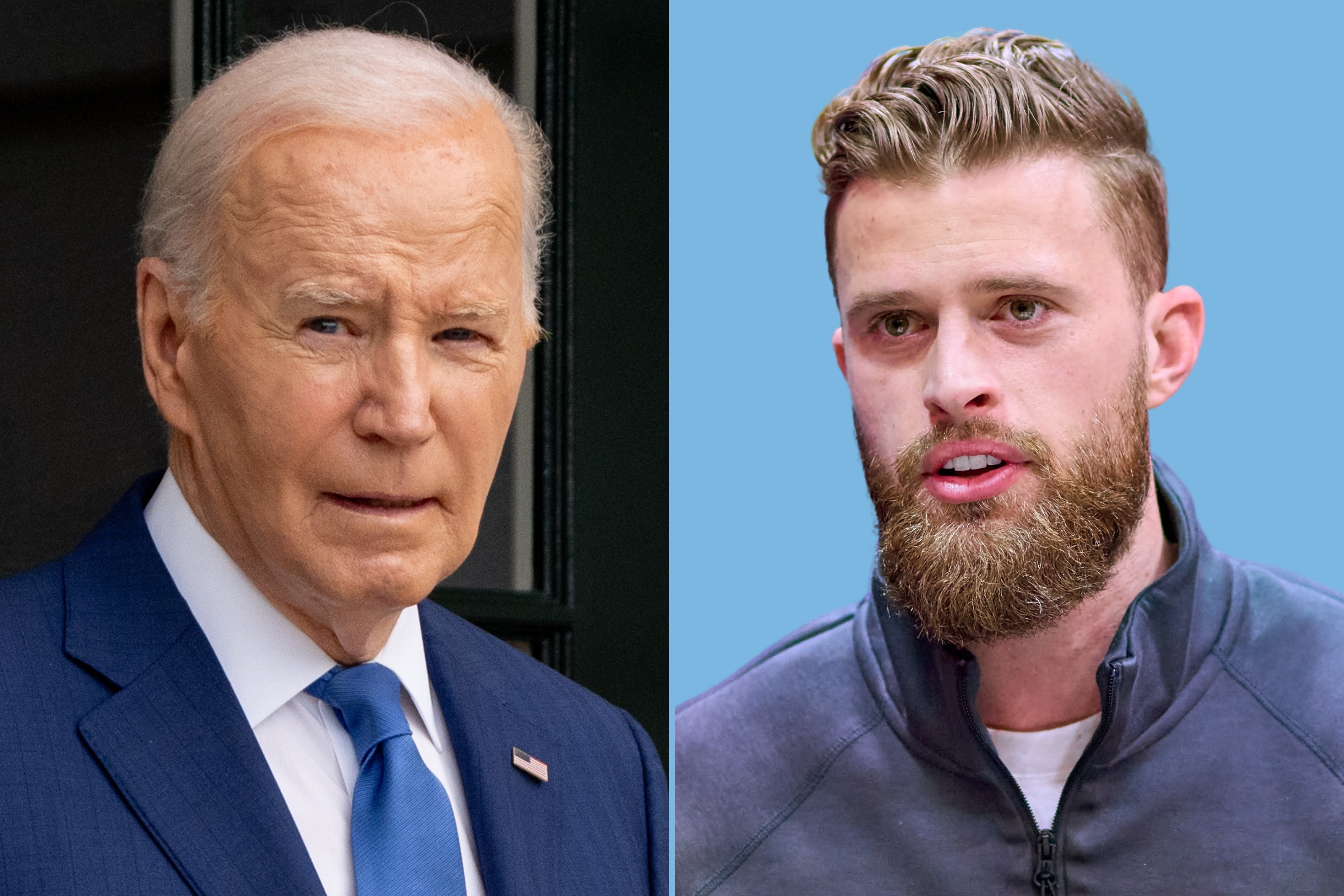Beyond the numbers and charts fueling debates in Copenhagen, climate change is jarringly real in some parts of the world. At least that's the plea that renowned anthropologist Jane Goodall is taking to delegates this week as the U.N. climate conference enters its final days. Most of Goodall's work has centered on primate research and conservation advocacy, but before the conference ends, she'll underscore the urgencies posed primarily by deforestation and its most immediate effect on local communities. The REDD program (Reducing Emissions from Deforestation and Forest Degradation) sponsored by the U.N. has been one of the leading—and perhaps only—agreements to emerge at the conference. If done right, money funneled from large countries to smaller ones should protect forests, which soak up much of the world's carbon. On her way to Copenhagen, Goodall spoke with NEWSWEEK's Daniel Stone. Excerpts:
Why is deforestation one of the most fundamental issues up for debate?
Clear-cutting forest is releasing CO2. The forests are disappearing so fast—that's really the place to start to make serious changes to the way to do business.
So how big a part of the negotiations should be funding for the local communities?
Certainly a lot. We know it can work. In Costa Rica, ages ago, the government paid farmers not to cut down trees. That was initially nothing to do with money from the polluters; it was just a way of trying to get cleaner water and cleaner air for the people. The people in the cities agreed to have a tax on their water and air, and that was the money paid to the farmers. That's just one example; there are various ways of doing these things.
Considering global biodiversity, is it ever concerning that the future of the planet is being debated by only one species?
Well, we're the only ones with sufficient intellect to build and bend the environment to our wishes. But we've woken up rather late to the fact that this is harming us and all other species. More and more people are realizing that we are reaching a point of no return and we better do something. Saving forests might give us a little more time to continue to pollute.
How do you translate your reputation—as a primatologist—into advocacy?
So many scientists use facts and figures and charts and graphs. They're very impressive, but people don't remember them. You need to reach into people's hearts. When I'm talking at a big forest convention, for example, everyone's talking about the services the forests produce, like saving the water table. But what I usually say is…was the forest made for us to exploit, or does it equally serve as home to lots of amazing life species?
Not to say it's a bad thing, but that argument seems idealized and removed from the human motivations that drive exploitation.
Well, I can't tell you how many people come and say, "That made such an impact." I bring it back to something people can relate to, which is the story. People remember those stories.
With so many motivations—many of them conflicting—how do you decide what is most important?
It's the future. The unborn children, the indigenous people. All you must do is consider how this decision affects generations to come. We're making decisions that are very selfish as far as the future is concerned.
Uncommon Knowledge
Newsweek is committed to challenging conventional wisdom and finding connections in the search for common ground.
Newsweek is committed to challenging conventional wisdom and finding connections in the search for common ground.
About the writer
To read how Newsweek uses AI as a newsroom tool, Click here.





